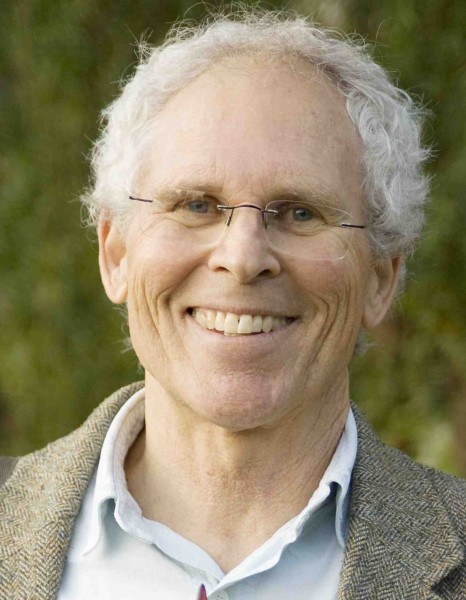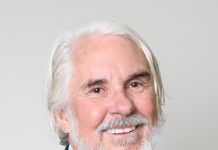“Houston, We’ve Had a Problem Here:” Offshore Oil Drilling

“Houston, we’ve had a problem here,” supposedly reported Apollo 13 pilot Jack Swigert to NASA control in 1970 when the spacecraft encountered a serious electrical problem. Today, California needs to report to Houston that ever since then its oil companies have been pumping the toxic, viscous fluid practically non-stop below the seabed in southern California’s federal waters. Exxon Mobil and now Amplify Energy are just two of the Texas culprits. The State of California—much to its credit and that of our Coastal Commission—has not allowed any new oil leases within our three-mile coastal zone for years.
Having lived in Laguna Beach for 47 years, during which I’ve strongly opposed any offshore drilling along or even near our coast, I’ve been told by some neighbors that I have nothing to worry about. Drilling off our shore “ain’t gonna happen.” Yet, when drilling platforms are sited more than three miles seaward of Orange County oil spills into tidal waters and onto our beautiful beaches will occur, as we’re seeing and smelling right now. As when the 1969 Santa Barbara oil well blowout spread a carpet of black goo for 35 miles along that coast, winds and currents will carry the oil far from any pipeline rupture. Thinking it can’t happen here is one way of increasing the likelihood it will. Why? Because voters will not see the necessity of taking the requisite steps to prevent it.
What are those preventive steps? The most obvious would be to find out what our member of Congress, our designated protector, has been doing about this issue and urge that official to speak out publicly and vote to disallow the renewal of any federal leases along the Orange County Coast. While contacting our member of Congress, urge the end of subsidies to the fossil fuel industry. Why should we taxpayers subsidize a product injurious to our health, destructive of the biosphere, damaging to our property, and corruptive to our electoral system through campaign contributions?
Baldly put, society must decarbonize as fast as possible. The Intergovernmental Panel on Climate Change, the world’s most recognized scientific voice on the climate crisis, concluded this year that humanity has until the end of this decade to dramatically reduce carbon emissions. Some 3,500 of America’s leading economists, 28 of whom are economics Nobelists, say that a price on carbon and remitting the revenue to taxpayers is the fastest, surest means to that end.
Any solution that fails to turn off the tap of carbon emissions is like mopping up the overflow from a bathtub while leaving the faucet on. If we’re capturing carbon in the atmosphere while still producing and emitting it, we’ll not even come close to decarbonizing the economy. Ditto, if we are still drilling for, refining, and selling offshore oil while planting millions of trees. Ditto, if we’re still producing oil for gasoline-powered vehicles and simultaneously manufacturing electric cars and trucks. Until we turn off the fossil fuel tap, we’ll continue overfilling and overheating our metaphorical planetary bathtub.
When my smoking mom contracted emphysema, her physician told her to quit tobacco or not expect to live much longer. Her doctor did not say switch to low-tar, or filtered cigarettes, or smoke less. She stopped smoking after 40 years and though her emphysema remained, she lived another 30 years to enjoy her grandkids and take weekly walks with me.
If we keep drilling for offshore oil, both the science and our experience are clear: our coastal waters, marine habitat, and critters will die off. Our grandkids will not enjoy the Laguna we did, unless we tell Houston’s Oil Giants through our member of Congress and other officials: No renewals of offshore oil leases beyond California’s three-mile limit.
Tom Osborne, an environmental historian, has written Coastal Sage: Peter Douglas and the Fight to Save California’s Shore.




